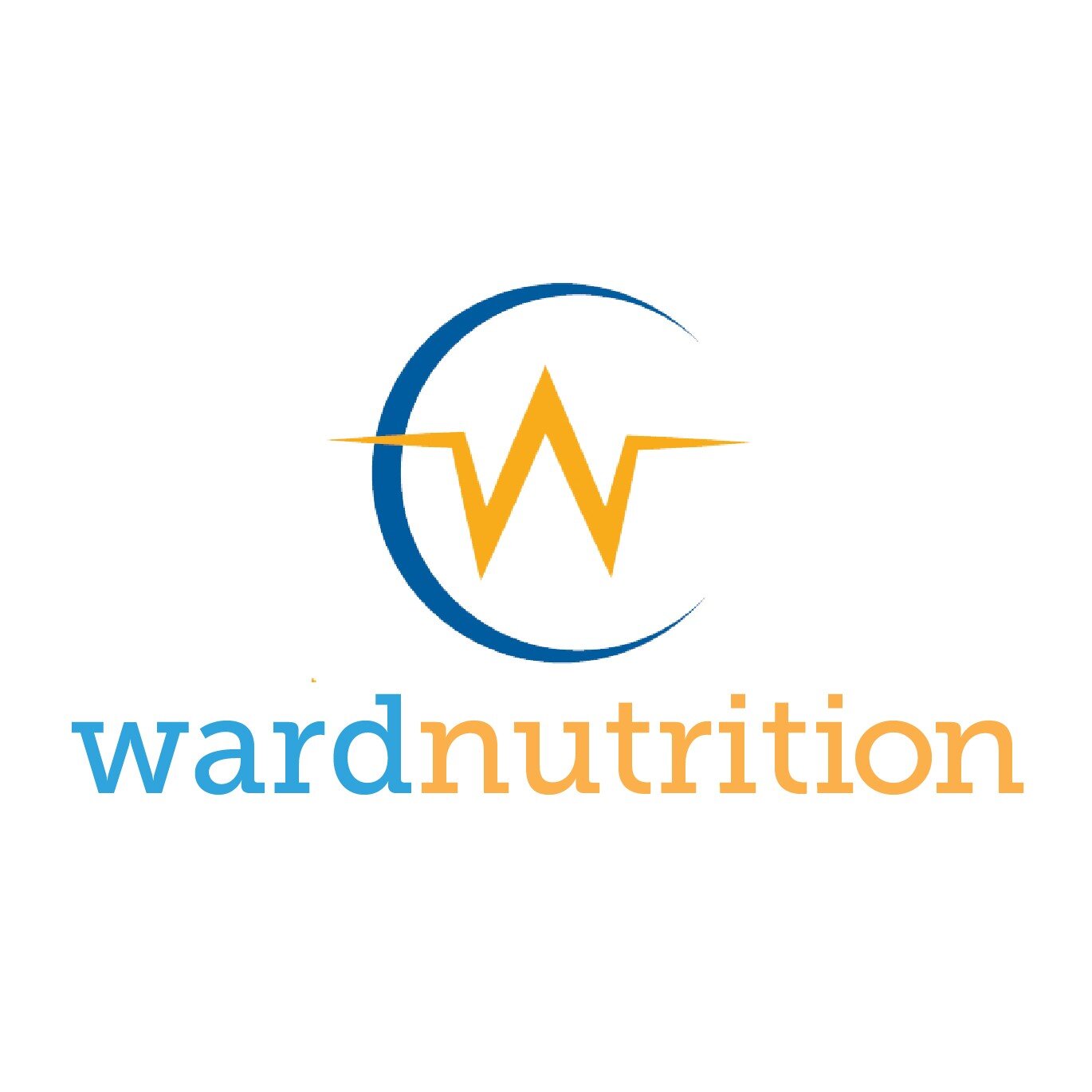Can Diet Help During Your Menstural cycle?
Period Pain…. such a horrible feeling for us women… surely there is something in our diet that can help????
In the medical world, period pain is known as Dysmenorrhea, this refers to the painful cramps occurring in the lower abdomen or pelvis during menstruation. Dysmenorrhea is experienced by 60-70% of women. More Info on this study. Some women also experience a irritable bowel and also become more emotional. So if this is sounding familiar to you, then read on!
But first of all lets explore and understand our body and exactly what happens when we get our periods?.
The menstruation cycle is amazing how it all works. It consists of hormonal and physical changes that allow for the production of oocytes (eggs) and prepares the uterus for pregnancy. The average length of menstrual cycle is about 28 days ( but may range from 26-35 days) .
The Menstrual cycle consists of FOUR phases
Menstrual Phase (Days 1-5): Our hormone levels are low at this stage. So some people experience pain in the first few days, but towards day 5 it settles down.
Follicular Phase (Day 6-14 ): Our hormones start to increase, lining of our uterus wall starts to thicken. Cramping may occur.
Ovulatory Phase (Days 15-17): Our hormone estrogen increase further which makes our glands produce more hormones (Leutisenizing hormone) which trigger ovulation. Some people report symptoms from here on.
Luteal Phase (Days 18-28): Our egg comes out of the follicles, gets ready for fertilization. It will then implant into our lining wall if the egg is fertilized. Hence pregnancy starts. If pregnancy does not occur, then we the egg dies, our hormone reduces and lining of the uterus falls away…. this is when we menstruate…… we repeat this monthly .. YAY for us.!!!
For some women, it is also common to get gut disturbances. There was a study done that showed 73% of women can have bowel upsets pre and during menstruating… so your definitely not alone if this is happening to you. If you also experience emotional issues as well, then you are more then likely to report multiple gut symptoms. This study also highlighted that fatigue is a common issue during our periods, with 53% of women experiencing fatigue pre and 49% during menstruation. For more information on this study click Here
So bottom line is…. with all our hormones going up and down, no wonder we feel pain and emotion!
My 7 top dietary tips to help with your menstrual symptoms include:
1.Eat a Balance of Macro nutrients
Protein, carbohydrates and fats, aka your macro nutrients, are all essential for hormone production, hormone health and metabolic functions. Any diet that significantly restricts or eliminated any of your macro nutrients can cause serious hormonal imbalances. It is common for people who are ‘dieting’ to cut down on dairy. This not recommended for a variety of reasons, in fact having low fat dairy has been shown to impact on your hormonal levels.
2. Eat foods that Reduce Inflammation
A diet rich in foods that reduce inflammation in the body can help keep your hormones functioning properly. Having omega -3 containing foods 3 times a week can help reduce inflammation ! Anti-inflammatory foods include almonds, avocado, olive oil and oily fish.
3. Eating Pre and Probiotics
A healthy functioning gut is essential for healthy hormone production. Pre and probiotics help support a healthy gut and it is important to get a good diversity of foods to help with your bowel function. I always say aim for 30 different foods a week and this will help with those bowel symptoms pre and during menstruating!! Prebiotic foods include bananas, onion, garlic, asparagus and beans. Probiotic foods include yogurt, miso, tempeh and sourdough bread.
4. Consume Adequate Fibre
Fibre is important to help balance hormones like insulin when you eat & help keep your gut healthy, which in turn helps your hormone functioning. In Australia, it’s recommended that adults consume 25-30g fibre/day. High fibre foods include vegetables, fruit, grains, nuts, seeds and legumes.
5. Increase Fruit and Vegetable intake
Vitamins and minerals, are what we call micro nutrients, These are needed to help support the glands in your body that produce hormones. Eating a rainbow of foods will help ensure you meet your micro nutrient requirements. There was a study showing those that have unhealthy dietary patterns of increased sugar and fatty snack foods, tend to eat less fruit and vegetables, this in turn impacted on the duration and intensity of their dysmenorrhea. Click here for more info on this study
6. Dont Restrict your calories too low!
If you don’t consume enough calories / kilojoules / energy, your body can’t produce hormones and you will experience hormonal imbalances. this is when your periods may go MIA…. Be aware of fad diets and restrictive eating plans that could impact your hormones.
7. Consume Low Glycemic Carbohydrates
Having low GI carbohydrates can help regulate your insulin production and therefore prevent a blood sugar rise. Now preventing a rise will prevent a blood sugar drop and therefore prevent those dreaded sugar cravings….. LOW GI Foods include grained bread and cereals, fruit, dairy or sweet potato.
If you need assistance with your diet to help alleviate your period symptoms, whether its bowel issues, sugar cravings or cramping, Please contact for some individual dietary advice on 5301 6435 or email us here.
